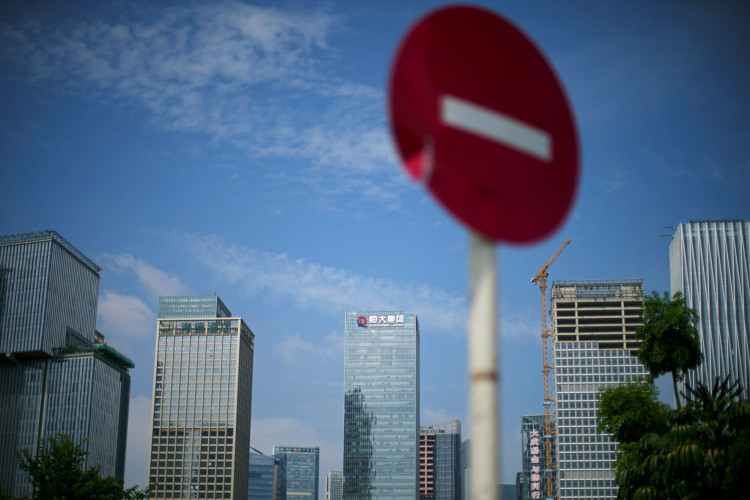The property sector in China accounts for one-third of the total economic output. This includes housing, rental, and brokerage services, as well as industries producing white goods for apartments and construction materials.
But China's economy has been slowing. Because of the size of China's economy, a disruption in a critical market, such as real estate, can have an impact on the global financial system.
Developers' investments in real estate in China continued to decline in July, falling the most this year, while the number of new construction projects started fell by the most in almost a decade, due to still-tight financial circumstances and weak sentiment.
Since the summer of 2020, China's property sector, which makes up approximately a quarter of the country's GDP, has been in a protracted crisis as cash-strapped developers missed loan and bond payments, leaving incomplete projects. Concerned consumer sentiment has also reduced developers' investment in new construction.
According to calculations made by Reuters using data from the National Bureau of Statistics (NBS) on Monday, real estate investment decreased 12.3% year over year in July, widening from a 9.4% decline in June. Property investment decreased by 6.4% from January to July of this year, which is the largest since March 2020.
"The recovery may be gradual and bumpy, a significant improvement in developer funding conditions may require more and broader easing, and there is a need for more policy support to restore confidence in the property sector and contain potential tail risks," analysts at Goldman Sachs in a research note said.
Following a decline of 45% in June, the number of new building starts by floor area decreased at the quickest rate from January to February 2013 - down 45.4%. New construction starts fell by 36.1% between January and July, following a decline of 34.4% in the first half. Since 2020, cash-strapped real estate companies have had difficult credit circumstances.
Based on the calculations made by Reuters using NBS data, loans provided by domestic banks to developers decreased by 36.8%, while money raised from outside fell by 200% in July. And according to data released by the central bank on Friday, household loans, including mortgages, decreased to 121.7 billion yuan ($18.00 billion) in July from 848.2 billion in June.
New home prices decreased by 0.9% year over year in July, the sharpest rate since September 2015, reflecting the unfavorable buyer sentiment, according to Reuters calculations based on NBS data. This was an acceleration of a 0.5% loss in June.






